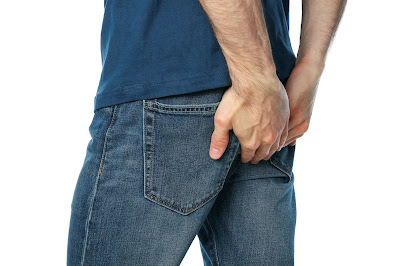Understanding Hemorrhoids: Causes, Prevention, and Management
Hemorrhoids, characterized by swollen veins in the anal or lower rectum area, have become increasingly prevalent. Globally, the prevalence ranges from 4.4 percent to 36.4 percent across different populations. Contributing factors vary from sedentary lifestyles to pregnancy and familial predisposition.
This condition, marked by itching, burning, bleeding, or severe pain in the anal area, significantly disrupts normal life. Fortunately, hemorrhoids treatment in Somajiguda offers a range of solutions, from lifestyle adjustments to surgical interventions. Gastroenterologists recommend tailored treatment pathways following thorough patient diagnosis, with options including non-invasive procedures like laser treatment, even for chronic cases requiring surgery.
Primary Causes of Hemorrhoids
Constipation: Infrequent bowel movements resulting from dry or difficult-to-pass stool exert pressure on the anal area, leading to hemorrhoids.
Diarrhea: Frequent, urgent bowel movements from watery stool increase pressure on anal veins, potentially causing inflammation.
Pregnancy: The physical strain of pregnancy, compounded by childbirth, can exacerbate or initiate hemorrhoids due to increased pelvic vein pressure.
Obesity: Excess body weight contributes to rectal vein pressure, predisposing individuals to hemorrhoids.
Prolonged Sitting or Standing: Impaired blood circulation in the anal area from extended periods of sitting or standing can lead to hemorrhoid formation.
Heavy Lifting: Straining during heavy lifting elevates abdominal pressure, potentially resulting in anal vein swelling.
Age: Weakening connective tissue between the rectum and anus with age, particularly above 50, renders veins susceptible to dilation, fostering hemorrhoid development.
Other factors such as genetics and low-fiber diets also contribute to hemorrhoid formation. Thus, proactive prevention and management strategies are essential.
Preventive Measures: A fiber-rich diet, adequate hydration (2-3 liters of water daily), and low-strain exercises are recommended by gastroenterologists to prevent hemorrhoid occurrence.
Managing Hemorrhoids: In addition to preventive lifestyle changes, minimizing sedentary habits and applying warm water to the affected area can provide relief. Over-the-counter topical treatments containing hydrocortisone, witch hazel, or numbing agents offer symptomatic relief. Pain relievers like ibuprofen may alleviate discomfort, but consultation with a gastroenterologist is advisable to avoid complications.
Dr. Moode Jayanth, renowned for his expertise in surgical gastroenterology, offers premier hemorrhoids treatment in Somajiguda. Equipped with advanced facilities and a commitment to patient-centric care, Dr. Jayanth provides personalized solutions for hemorrhoid relief. Schedule an appointment with Dr. Moode Jayanth for comprehensive and lasting hemorrhoid management.



.jpg)
Comments
Post a Comment